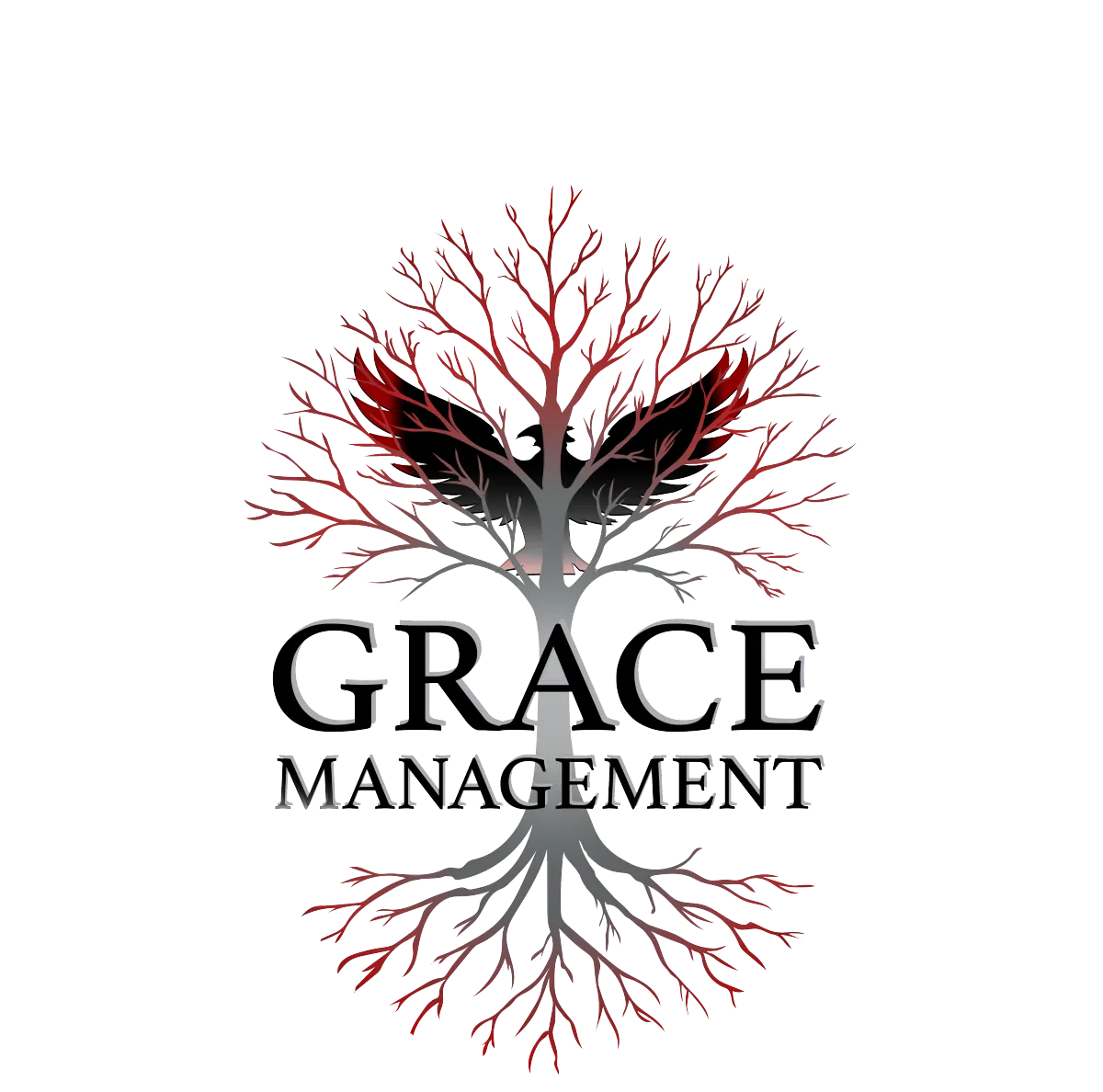SEO
- Owning Your
Digital Real Estate
The Buzzword That Won't Die
Ah, SEO. The marketing acronym that’s been haunting business owners since the early 2000s.
Everyone’s heard of it, half the people claim to “do” it,
and a suspicious number of agencies promise you’ll be “#1 on Google in 30 days.”
(Spoiler: if anyone guarantees that, run.)
But strip away the hype and SEO
—Search Engine Optimization
—isn’t magic.
It’s the process of making sure when someone Googles what you do,
you actually show up instead of your competitor.
Think of it as digital real estate:
if your business isn’t ranking, it’s like having a beautiful store…
hidden in the desert.
Why SEO Still Matters
(Even in 2025)
Sure, TikTok trends come and go, Facebook ads can burn cash,
and email inboxes are overflowing.
But here’s the thing:
people still Google stuff when they want to buy.
“Best CRM for small businesses.”
“How to fix a leaky faucet.”
“Coffee shop near me open now.”
If you’re not showing up in those searches,
you’re invisible at the exact moment someone
is ready to hand over their money.
That’s why SEO still matters.
The Three Pillars of SEO
You’ll see endless lists of “ranking factors,”
but let’s keep it simple.
SEO rests on three core pillars:
On-Page SEO – The stuff on your website.
Keywords, headlines, meta descriptions,
and content that actually answers questions.
Off-Page SEO – The credibility boosters.
Backlinks, mentions, shares.
Basically, the internet’s version of
“references available upon request.”
Technical SEO – The nerdy behind-the-scenes stuff:
site speed, mobile responsiveness, sitemaps,
and making sure Google’s bots don’t get lost on your site like tourists without GPS.
Get these three working together,
and you’ve got a strong foundation.
Content is Still King
(But Only if It's Good)
Here’s a brutal truth:
SEO isn’t about stuffing a page with keywords until it
reads like a toddler learning to talk.
(“Best plumber near me. Plumber near me cheap. Hire plumber now.” Yikes.)
Google has evolved.
These days, search intent is everything.
That means writing content that actually answers the question someone is asking.
If they search “how to fix a leaky faucet”—give them a step-by-step guide.
If they search “plumber near me”
—make sure your business info is clear, current, and local.
If they search “best coffee beans for espresso”
—write the comparison guide, not a random blog about your favorite latte art.
When your content matches intent, Google rewards you.
And readers stick around.
SEO Myths That
Refuse to DIE
Let’s clear up some lingering nonsense:
Myth #1:
Keywords Are Everything. Nope.
Use them naturally, but don’t worship them.
Google understands synonyms now.
Myth #2:
SEO Is a One-Time Fix. Nice try. SEO is like going to the gym
—it works if you keep showing up.
Myth #3:
Buying Backlinks Works. Google’s smarter than that.
Sketchy link farms are a one-way ticket to penalty-ville.
Myth #4:
Long Blogs Always Win. Quality > word count.
A 500-word post that solves the problem beats a 2,000-word ramble any day.
The Long Game of SEO
- SEO isn’t just “rankings.”
- It’s digital visibility, authority, and trust.
SEO + Funnels = Chef's Kiss
SEO + Funnels = Chef’s Kiss
Here’s the kicker: SEO isn’t just about traffic.
It’s about qualified traffic.
People searching for what you sell are already halfway down the funnel.
Pair strong SEO with a good funnel and CRM,
and you’ve got a machine that turns strangers into customers on autopilot.
Example: Someone Googles
“best email marketing software for nonprofits”,
lands on your blog comparing tools, and sees your free checklist for
“Nonprofit Email Marketing Made Easy.”
They download it, enter your funnel, and boom
—you’re in their inbox. That’s SEO feeding your funnel like clockwork.
Key Metrics to Watch
(Without Losing Your Mind)
SEO + Funnels = Chef’s Kiss
Here’s the kicker: SEO isn’t just about traffic.
It’s about qualified traffic.
People searching for what you sell are already halfway down the funnel.
Pair strong SEO with a good funnel and CRM,
and you’ve got a machine that turns strangers into customers on autopilot.
Example: Someone Googles
“best email marketing software for nonprofits”,
lands on your blog comparing tools, and sees your free checklist for
“Nonprofit Email Marketing Made Easy.”
They download it, enter your funnel, and boom
—you’re in their inbox. That’s SEO feeding your funnel like clockwork.
One Last Snarky Note
Yes, SEO is important. Yes, you should invest in it.
But if you’re expecting instant results, you’re going to be disappointed.
Think of SEO as the tortoise in the classic fable:
slow, steady, and eventually victorious.
Meanwhile, the hare (paid ads) can sprint ahead for a while—
but he burns out fast.
The businesses that win are the ones smart enough to use both.
So if you’re tired of being invisible online,
stop chasing hacks and quick fixes.
Commit to SEO.
Because in 2025, if Google can’t find you, your customers probably won’t either.
Ready to Start Your Business in OVERDRIVE?



